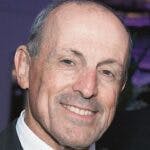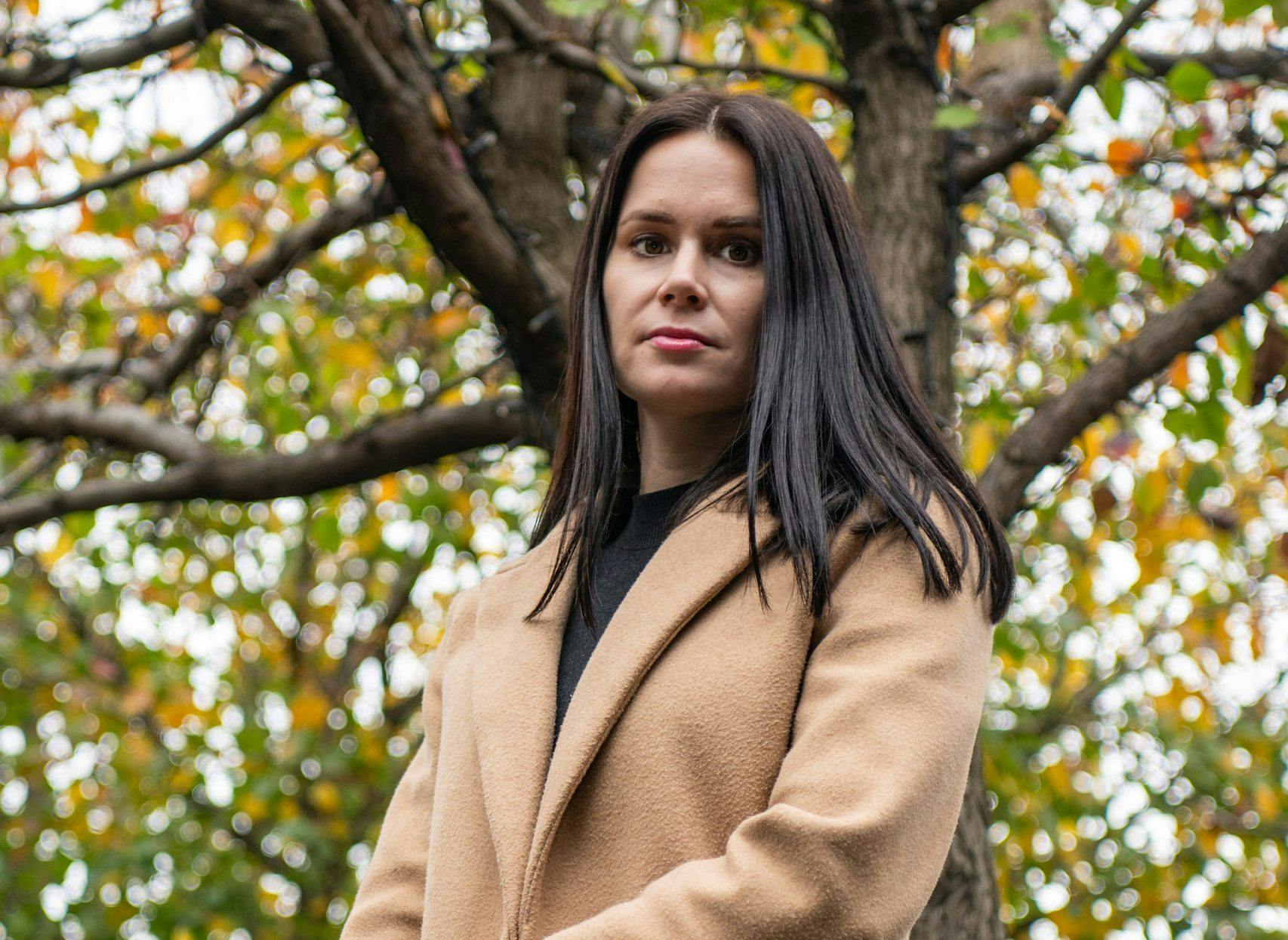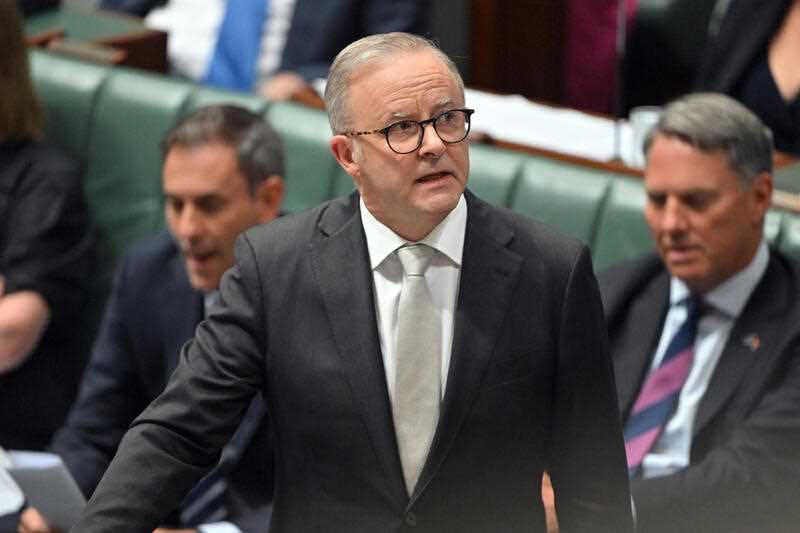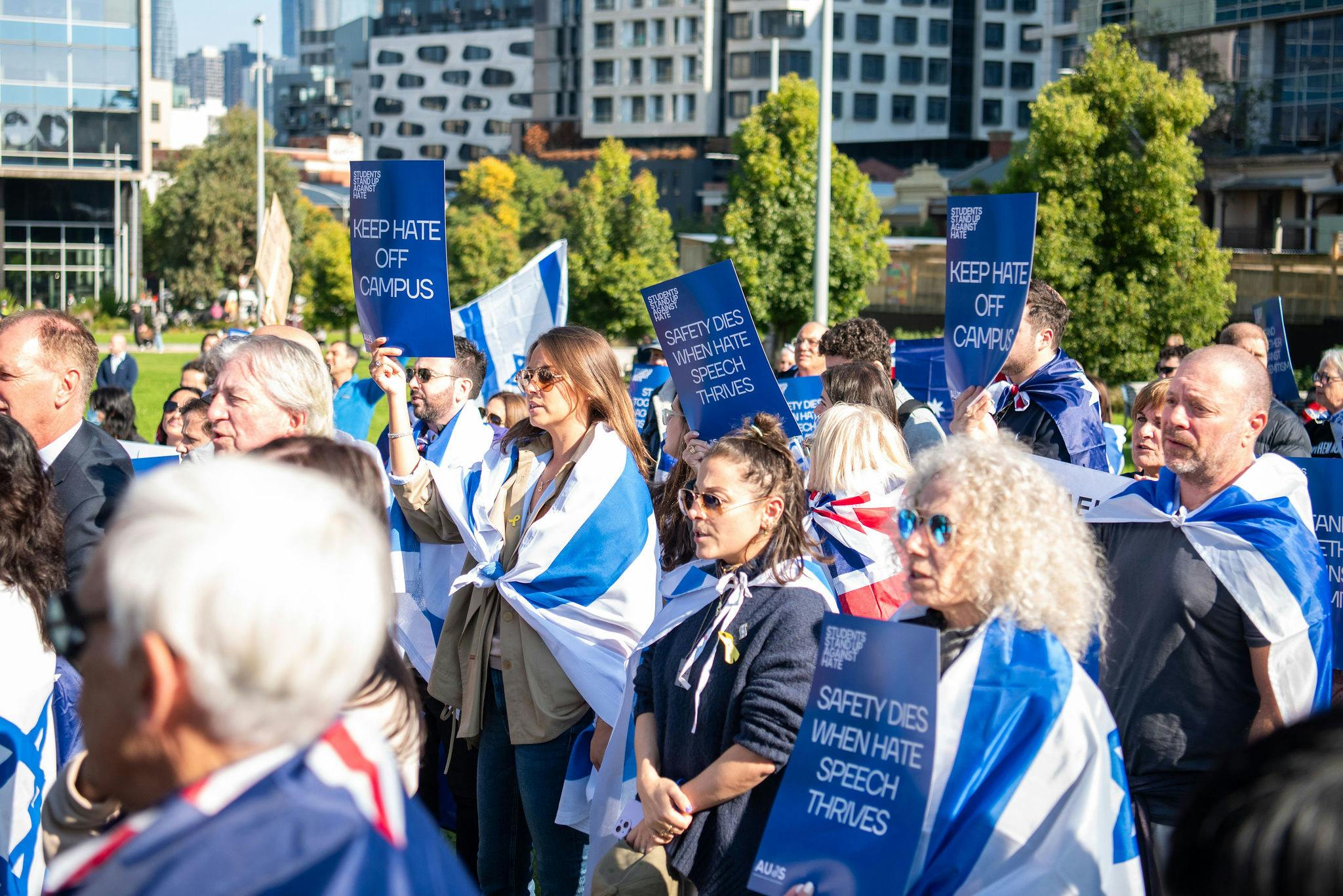Published: 14 July 2023
Last updated: 5 March 2024
VIC ALHADEFF visits the annual convention of the Ahmadiyya Muslim community and learns about the important work of Australian Muslim doctors for the global poor.
Sixty percent of the population of the Ivory Coast, on the southern tip of West Africa, live in slums, health care is sub-standard and malaria is endemic throughout the year. But the impoverished country will soon acquire a world-class hospital which will include surgical wards, operating theatres, a gynaecology wing and all manner of quality medical care.
It has taken five years to build the hospital, which is due to open next April. The seed funding for its establishment came from 10 Australian doctors, each of whom donated $25,000.
There is only one cardiac ultrasound machine in the entire Solomon Islands, servicing a population of 700,000, while Thailand and Malaysia have 67 cardiac and non-cardiac surgeries between them, also funded by Australian doctors. Teleconference clinics are conducted regularly by the Australian team.
These and other statistics were proffered in a riveting presentation last weekend by Dr Ata Rehman, president of the Ahmadiyya Muslim Medical Association of Australia. His platform: a keynote address at the annual convention of Australia’s Ahmadiyya Muslim Community, which attracted about 3000 participants to Rosehill Gardens.
The Ahmadiyya Muslim Medical Association of Australia comprises a mere 110 doctors – male and female – yet they spread their expertise to such needy nations as Vanuatu, Gambia, Senegal, Thailand, Malaysia, Pakistan, the Solomon Islands and the Ivory Coast, as well as several other struggling centres. And they all do so on a voluntary basis, at no charge to patients.
One of the doctors is Dr Rehman, a Sydney-based echocardiologist who takes his specialist skills to one of those countries every two or three months. Two months ago, he was operating in Malaysia, while 120 cardiac and other patients are booked in to consult with him on his forthcoming trip to Thailand.
“All Ahmadi doctors should sacrifice their time and their skills for the sake of the wider community,” Dr Rehman tells The Jewish Independent. “This is the message from the Caliph (who is based in London and is the current supreme head of the worldwide Ahmadiyya movement). During Covid, for example, we provided thousands of testing kits free of charge across Australia to anyone in need. I am proud to represent Australia in this way all over the world and to belong to a community which is so small, yet voluntarily does so much humanitarian work and at our own cost.”
Two months ago, Dr Rehman was operating in Malaysia, while 120 cardiac and other patients are booked in to consult with him on his forthcoming trip to Thailand.
Founded in 1889 by Indian-born Mirza Ghulam Ahmad, the Ahmadiyya Muslim movement adheres to Sunni Islam and follows the Koran and Muhammad, “the difference being that we believe that our founder was the Messiah, which means that we suffer persecution in some countries”, says Mohammad Atae Rabbi Hadi, spiritual leader of the Ahmadi community in Queensland.
“Our belief is that the Messiah will bring about gradual change in the world and that mankind therefore has a chance, an opportunity, to rectify himself through personal, professional and religious development. It’s a work in progress.”

Subscribing to the worldwide Ahmadi movement’s ethos of “Love For All, Hatred For None”, the Australian Ahmadi community numbers a mere 7000. It is part of a global network which exists in about 200 countries - including in Haifa, where its adherents are Arab Muslim - with the largest concentrations of members located in Ghana and Indonesia. The global membership numbers about 25 million, its infrastructure including 16,000 mosques, 600 schools and 30 hospitals.
It has translated the Koran into more than 70 languages and operates a 24-hour satellite television channel. And through its affiliate organisation HumanityFirst.org, which is active in 52 countries - mainly in Africa and South-East Asia - it is extensively engaged in disaster relief, assisting in the aftermath of earthquakes, building schools and hospitals and helping the underprivileged.
Last weekend’s convention drew participants to Sydney from around the country - women in hijabs, children resplendent in specially bought outfits, and political and civic leaders turning up to pay their respects.

The parallels between Ahmadi values and priorities and various aspects of Jewish tradition and practice were immediately evident, from the physical separation of men and women at the conference – each group assigned to halls 50 metres apart and each venue with its own program of poems, prayers, Koran readings, speeches and dinner - to the premium placed on the value of education, the importance of family, the imperative accorded to philanthropy, the open-hearted outreach to other faiths including the Jewish community, and the striking similarity with the Jewish ethos of “Tikkun Olam – Healing the World”.
"The conference is about spiritual replenishment and guidance. It’s about our moral and ethical responsibilities."
Waqas Ahmed
“We came to the conference to increase our spiritual knowledge,” says Waqas Ahmed, an accountant who works in the construction business and was accompanied by his wife and four children, their daughters’ hands ornately decorated with henna. Originally from Pakistan and immigrating to Australia seven years ago, the family drove from Melbourne for the occasion. “The conference is about spiritual replenishment and guidance,” he said. “It’s about our moral and ethical responsibilities.”

Muhammad Ashraf also drove to Sydney from Victoria, from the city of Shepparton, with his son Arham Abdullah. It’s the third time that Arham, who is 13, has attended the conference. “I enjoy coming because I get to meet a lot of friends here,” the Year 8 student says. “I get to learn when I’m here – about my religion, about what other people think of my religion, as well as about other religions.
“It’s important to know what humanity means and to understand the impact of religion on humanity. And it’s very important to focus on the need to be kind to each other. That is more important than anything else.”
Photo: Dr Ata Rehman, president of the Ahmadiyya Muslim Medical Association Australia (Vic Alhadeff)




